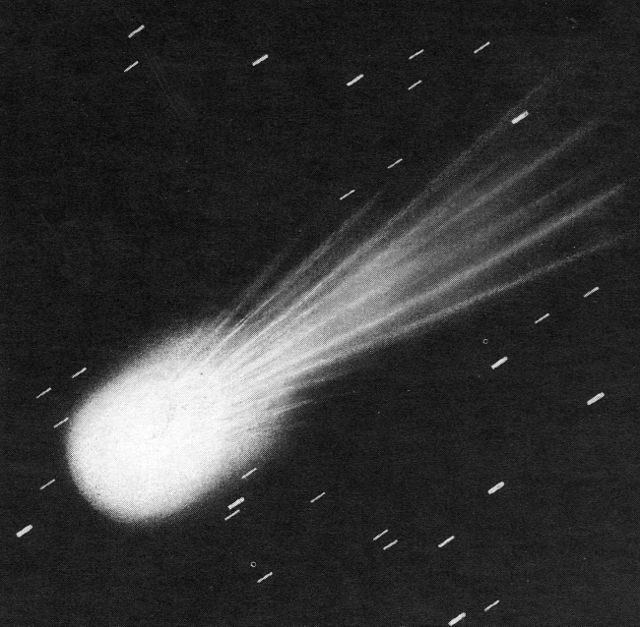The European Space Agency is attempting tomorrow to go where no human has gone before, landing a probe on a comet, a mission that has been in motion for nearly two decades. From a report on the effort by Olaf Stampf at Spiegel:
“[Achim] Zschaege is one of the veterans in the European Space Agency’s (ESA) control room and he has been accompanying Rosetta on its trip through the solar system for more than a decade. Now, finally, the mission is nearing its climax: On Wednesday, a landing vehicle released by Rosetta is set to actually touch down on a comet.
A maneuver like this has never before been attempted, partly because of the extreme difficulties associated with such a landing. Researchers are essentially trying to land a probe on an object with a surface area roughly equal to Manhattan as it speeds through space 20 times faster than a rifle bullet. If they’re unlucky, the comet’s surface could be as crumbly as a cracker.
Zschaege’s superior, Italian flight director Andrea Accomazzo, has been waiting for Wednesday’s landing for 17 long years. ‘For all of us, it feels like a second moon landing,’ he says.
Even measured against other voyages into space, Rosetta’s rendezvous with Comet 67P/Churyumov-Gerasimenko took a long time. When Rosetta was first fired into space, Gerhard Schröder was still Germany’s chancellor and America’s invasion of Iraq was just a year old. Since its launch on March 2, 1994, the probe has traveled 6 billion kilometers, roughly 40 times the distance between Earth and the sun. Many of those who worked on the mission in its early years have long since retired.
As part of Rosetta’s marathon flight, it traveled to the outer edges of our solar system, so far away from the sun that its solar cells were unable to power the probe’s systems. Ground controllers plunged the spacecraft’s electronics into a kind of hibernation.
For two-and-a-half years, there wasn’t a peep from Rosetta and it was only reawakened at the beginning of this year. ‘We had to wait almost an hour before we received the signal’ indicating the maneuver had worked, Accomazzo says. ‘It was totally silent in the control room.'”

